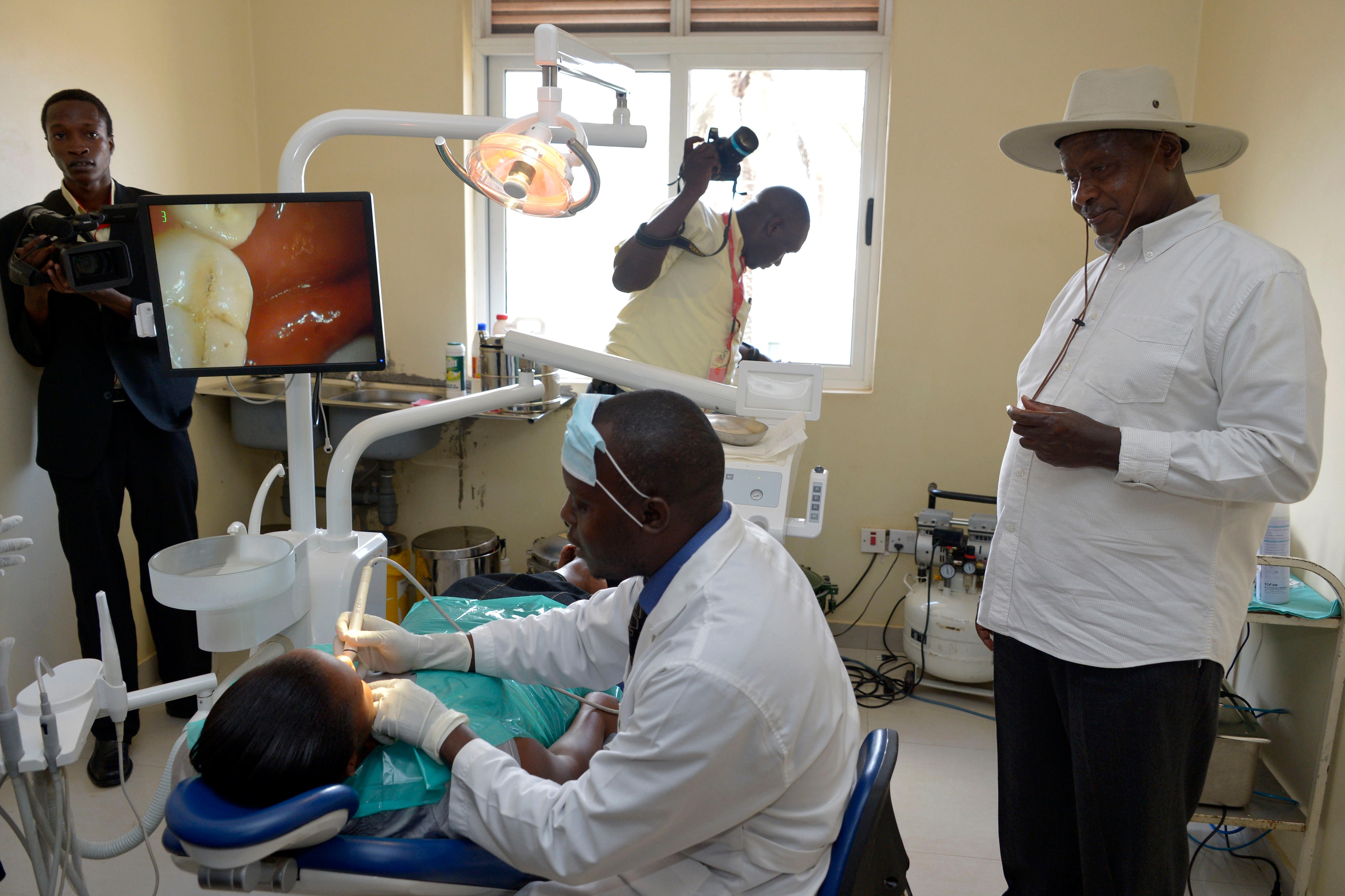Prime
Paying Shs15,000 for health insurance is OK as long as thieves won’t steal it

What you need to know:
- The bills can sometimes be truly eye-popping. In 2021, for example, a photographer who worked for a prominent newspaper was rushed to hospital in a critical condition.
The Ministry of Health is introducing the National Health Insurance Scheme to ensure every Ugandan (in Uganda) gets decent and affordable healthcare.
Like all good things, it will require money. Each Ugandan, whether rich or poor, will have to pay Shs15,000 every year.
Health minister Jane Ruth Aceng says joining the scheme is “mandatory”, according to the Observer newspaper, which quoted her as saying: “When I say it is mandatory, it means you don’t have a choice whether you’re working or not working.”
The need for health insurance in Uganda cannot be overestimated. The average Ugandan in rural and urban areas struggles to pay medical bills, and even if they pay, the chances of being left impoverished are high.
As the CEO of the Insurance Regulatory Authority, Ibrahim Lubega, said: “Many Ugandans are struggling with high out-of-pocket health expenditures, which have forced some people to sell their properties to pay for healthcare.”
The bills can sometimes be truly eye-popping. In 2021, for example, a photographer who worked for a prominent newspaper was rushed to hospital in a critical condition.
To admit him, the hospital asked for Shs900,000 to be paid upfront. The money was paid in quick instalments. After tests that revealed there was bleeding in the patient’s brain, medical staff said surgery would be performed, and three days of treatment would cost Shs9.9m.
The patient — who was wheeled to the operating theatre eight hours after he was admitted because staff insisted on a down payment of Shs2m — died. The hospital told his family there was another bill to pay: Shs200,000 for the mortuary.
If the National Health Insurance Scheme works effectively, it can and will fix problems such as this one. But will it? Can it? The scheme needs money to get off the ground, but if it gets the money, that money may become its biggest problem.
With each Ugandan paying Shs15,000, the government will raise at least Shs675b from 45 million Ugandans. If this money is collected every year and is not stolen, it can meet the healthcare needs of millions of Ugandans — and there may be even a surplus. We have to bear in mind that not everyone goes to a health facility every day, and the Health ministry is allocated funds from the national budget.
Yet chances of the money being misused or, worse, stolen are high. We have seen how the National Social Security Fund has dominated the headlines for its corruption and mismanagement. In a country where corruption is endemic and is rarely seriously punished, it is all too easy for the National Health Insurance Scheme to attract thieves like a magnet attracts nails.
Another problem is the Ministry of Health itself, even though it will be the manager of the scheme. The ministry has been accused of incompetence and mismanagement, with names of some of its top officials cited in scandals. Details are in a book titled Uganda’s Health Sector Through Turbulent Politics (1958-2018), which was authored by Prof Anthony K. Mbonye, who served as the ministry’s acting Director General of Health Services. (He died in 2021.)
It is going to take homework, careful planning, zero tolerance to corruption and strong managerial competence for Uganda to have effective and efficient health insurance.
Kenya and Ghana introduced health insurance schemes, but they are plagued by serious problems, ranging from corruption (Kenya) to healthcare professionals quitting in large numbers to look for greener pastures overseas (Ghana).
Mr Musaazi Namiti is a journalist and former
Al Jazeera digital editor in charge of the Africa desk
[email protected] @kazbuk




